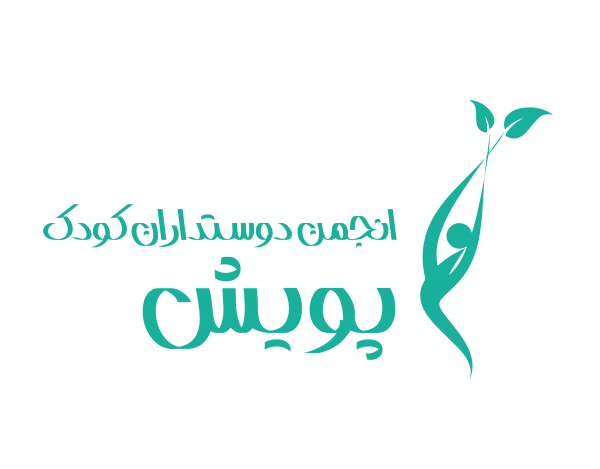Migration, the controversial phenomenon, has been the focus of many studies so far. The book ” Kabul’s apples are sweet” deals with the sufferings of a new generation of immigrants born to Afghan parents in Iran in a different and anthropological way. In this relatively emerging method, human mental meanings and their knowledge of the world are analyzed in cultural contexts such as language and concepts.
In the first part, this book narrates children’s literature (text and poetry). Children whose families have migrated to Iran since decades ago and now work in the southern part of Tehran, facing issues such as unfair access to health and education. However, none of the children are educated in the educational grade appropriate to their age and have not studied more than the second grade. But more fundamentally, their question in these writings focuses on the dual feeling of belonging. Questions such as “Where is the homeland?” And “Where are we going?” Fifteen-year-old Parvin wrote:
“I love my homeland and I do not want to be separated from anyone. “I wish I had both, I love both.”
Interviews with Afghan children affected by the Bam earthquake are the second part of the book, and the beautiful nature of Afghanistan, the war and the feeling of rejection are the main topics of their conversation.
The analysis of the authors of the two sections shows that children have paid more attention to signs such as home, homeland, religion, friendship and peace in their statements. The feeling of insecurity about the existence of home in the minds of children has two meanings: home means shelter that has not been built or destroyed due to poverty and earthquake, and home means homeland which is paradoxically circulating between past and present identities which determines uncertainty. Tension in the children’s view refers both to war between countries and deportation and is based on forms of verbal and non-verbal violence in the homeland and the second homeland, which can be considered the product of being a “second class citizen” and “other”. Hence, the reader realizes that working and migrant children deeply want peace, the denial of cultural and class discrimination, and the establishment of spiritual and moral values.
The book’s main audience is the children of Afghanistan, who share centuries of history, religion and culture. Following this entanglement and study of the process of social cohesion of the generation of immigrants born in Iran, the central idea of the homeland is presented as history. This means that the concept of homeland and social identity needs to be redefined beyond the borders for children who have never seen their paternal homeland, have an abstract relationship with it, and are now working in their homeland to eradicate poverty. This redefinition, on the other hand, has led writers to address immigration policymakers. Immigrants recognition and taking the necessary actions in this regard will prevent children from considering themselves as strange twins deprived of basic rights in their homeland.
Introducing the book “Kabul’s apples are sweet”
Authors: Bahram Rahimi and Somayeh Karimi
Translator: Ahmad Shah Ahmadzai, Soodabeh Ashrafi and Mehrdad Vahdati
Publisher: Afkar
Written by: Zahra Akbari, Pooyesh Association member
